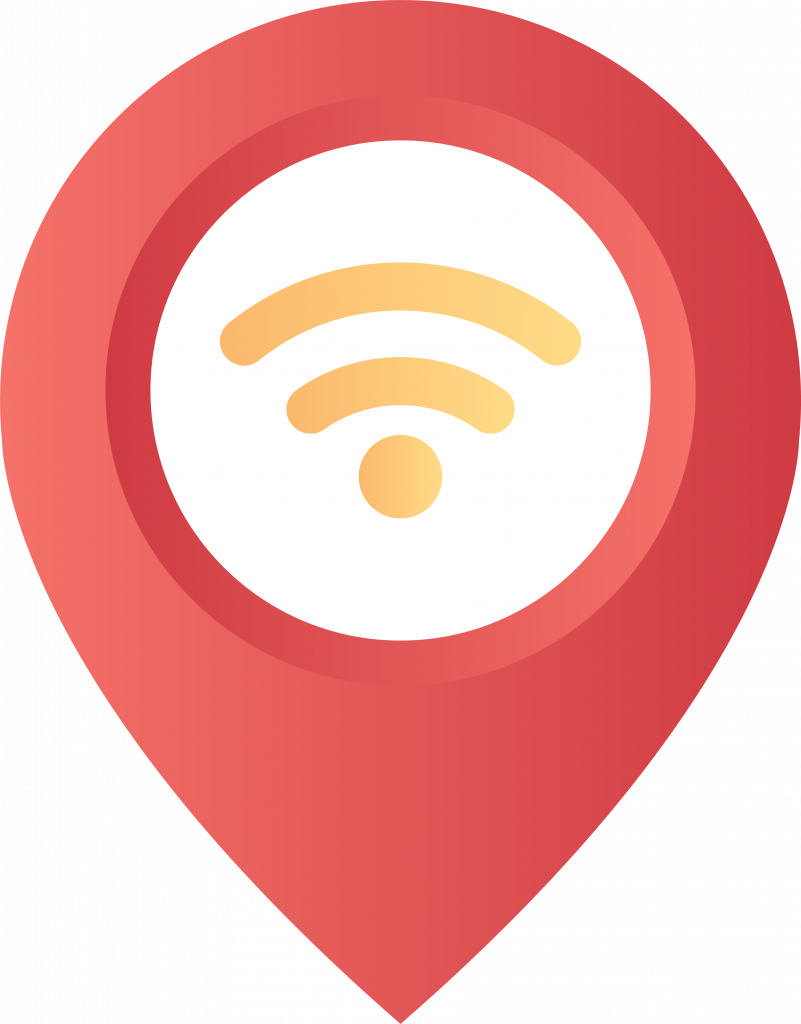+687 25 41 24 100 avenue James Cook, 98800, Nouméa, Nouvelle-Calédonie+687 25 41 24 100 avenue James Cook, 98800, Nouméa, Nouvelle-Calédonie
- CREIPAC
- THE SCHOOL
- CLASSES AND TRAINING COURSES
- EXAMS
- FRENCH IMMERSION PROGRAMS
- NEW CALEDONIA
- CONTACT
You are here:
- Home
- New Caledonia

